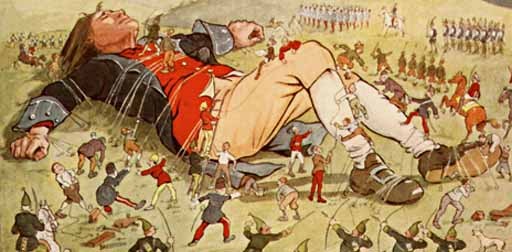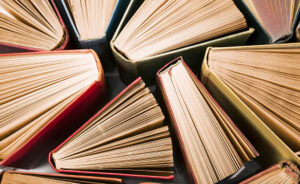Regardless of where you go to college, and what your major is, it’s fairly likely that you’ll read at least a few of the same books. These are the books that have lasting value and force students to confront questions about issues that face humanity. Some students will read books that deal with specific topics, but even if you aren’t in a heavily literary major, you’ll still probably see at least a couple of these books.
Frankenstein

Mary Shelley’s Frankenstein is one of the most common books that you’ll see on English syllabi in your college career. Because of the wealth of criticism that is available on this novel, professors can use it to teach about science, gender, religion, ethics . . . almost anything that they might find to be a good topic to bring up in their class.
Many students read this in high school and are prepared for it when they get to college, but many will have the pleasure of reading it for the first time in the post-secondary setting. Don’t be afraid of this book—it can be a little intimidating, but it’s one of the best stories ever written (and if you haven’t read it, don’t assume that you know what it’s really about).
Heart of Darkness

If you’ve seen Apocalypse Now, you’ve already been introduced to Joseph Conrad’s Heart of Darkness. While the novella isn’t as action-packed and exciting as the movie (it doesn’t even take place during a war), you’ll find that this is probably one of the most psychologically thrilling books that you read in college.
The story of Marlow’s trip up the Congo River and through the human psyche is a fascinating and enthralling tale. It also contains a very interesting critique on human psychology and condition.
Beloved

If you’ve never read anything by Toni Morrison, you may be caught off-guard by Beloved. Like all of Morrison’s novels, it starts out seeming harmless enough, but it quickly evolves into an intricately woven tail that discusses the ideas of slavery and gender in no uncertain terms.
Morrison’s writing is forceful and will cause you to stop and re-evaluate everything that you take for granted about issues that you probably haven’t analyzed. Even if you don’t read Beloved, you can certainly expect to read at least one Morrison novel in college.
Catch-22

Even though it’s slightly cliché, reading Catch-22 by Joseph Heller is quite common. This book is a classic satirical commentary on war, and will make your head spin with how ridiculous some of the characters and events are.
It can be difficult to gain an understanding of the tone of the novel, as it doesn’t immediately come across as being terribly sarcastic, but you’ll soon realize that the whole book is a big joke (if you want to know exactly what the joke is, go read the book!).
Gulliver’s Travels

Another satire that you can safely assume that you’ll be exposed to is the 18th-century Gulliver’s Travels. Jonathan Swift’s masterpiece has stood the test of time and still interests many readers.
While its commentaries are insightful, we recommend you do some reading on your own, and without a critical eye, before you study it in class, because if you come to it with a less-than-academic view, you’ll find it very entertaining.
If you look at it purely as a student, you’ll miss a lot of really funny things.

